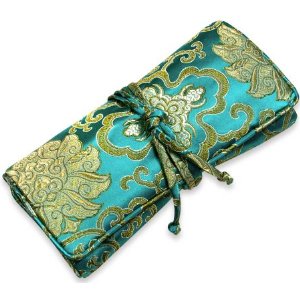Experiencing the History of Cape Town on School Sports Tours
 Some school sports tours head to South Africa to savour the delights of that country’s sporting heritage, and may also offer the chance to visit the wonderful city of Cape Town.
Some school sports tours head to South Africa to savour the delights of that country’s sporting heritage, and may also offer the chance to visit the wonderful city of Cape Town.
If so, it’s an opportunity not to the missed.
Why Cape Town and South Africa for sports tours?
South Africa has a long history of investing in sports and their facilities are excellent – both indoor and outdoor. Over many years, their athletics, cricket and rugby teams have become world famous, and it goes without saying that their weather also plays a factor in sporting development!
Students on school sports tours to South Africa are always given a very warm welcome. You’ll get the chance to join in with local clubs and associations in their coaching and training sessions and play competitive games against local sides. Opportunities exist in several sporting areas and you’ll also get the chance to see something of the country and its people.
The beauty and wonder of Cape Town
This magnificent city in South Africa is deservedly famous for some of its natural wonders – perhaps the best known of which are Table Mountain and its incredible natural harbour.
Yet this concentration on nature occasionally allows one to overlook the fact that historically and culturally this is a fascinating city and one that is well worth exploring.
A bit about the history
If school sports tours include Cape Town on their itinerary, knowing a little about its background may help students to put some aspects of the city into perspective. Although the Portuguese initially explored this area of South Africa, in a European sense, it was the Dutch that settled here in numbers and indelibly imprinted aspects of their culture on the city and surrounding areas. Indigenous inhabitants had, of course, occupied the area long before the Europeans ever arrived on the scene.
After some centuries of growth under Dutch rule, following various wars and machinations between the European powers, the city and surrounding colony passed into the hands of the British Empire who, in turn, gave it their own cultural flavour. Yet even before becoming part of the independent republic of South Africa, Cape Town benefited from successive waves of immigrants from various parts of the world. All of these peoples enriched the social and cultural melting pot that the city eventually became (even though in some cases, these populations were imported as slaves by the original Dutch colonists).
Modern times and the modern city
The birth of the modern Republic of South Africa is one of the great inspirational stories of modern times and it is likely many students will already be familiar with it. The legacy of all this history, along with more recent events, is visible in certain aspects of this great city and it is well worth exploration. The exact itinerary of school sports tours to South Africa may vary but if you get the opportunity, you may wish to try and see:
• The Malay quarter (more correctly called Bo-Kaap) – an incredible area of colourful houses and marvellous cuisine, with roots going back to slaves from Indonesia brought in by Dutch settlers in past centuries;
• The Victoria and Albert Waterfront – a very interesting development of 19th-century British imperial period harbour side buildings, now converted into cafes, bars, restaurants and interesting shops;
• Robben Island – a small, offshore island that is now a museum and wildlife sanctuary, but which was for many centuries was a place of imprisonment and isolation (e.g. for lepers). It achieved international fame and notoriety as the long-term prison of Nelson Mandela.
Of course, this is just sample and the actual sightseeing opportunities may vary from those above; but what can be said with certainty is that if you are visiting Cape Town on school sports tours, you won’t find yourself bored or at a loss for something to do!
